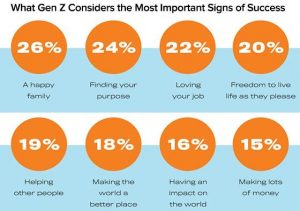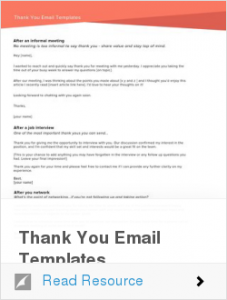By Sam Becker
Employers are having a hard time finding enough workers, and that may be because millions of Americans are increasingly going to work for themselves, either creating businesses or becoming freelancers.
During 2021, Americans submitted applications to create 5.4 million new businesses, the highest level ever recorded, according to the U.S. Census Bureau, and a 68% increase over the average for the preceding five years. Millions more are turning to freelance work as well. In fact, within the next several years, as much as half of the American workforce—almost 87 million people—will be freelancing.
The trend is picking up steam, too, according to new data from freelance marketplace Upwork. The study finds that over the past year, 39% of the American workforce performed freelance work in some shape or form (an increase of 3% year-over-year), and chipped in a whopping $1.35 trillion in earnings to the overall U.S. economy.
The growing pool of full-time freelancers isn’t merely composed of people who were laid off or who otherwise lost their jobs over the past few years. It’s often young, educated workers who are striking out on their own, as the data shows that 43% of Gen Z professionals and 46% of millennial professionals freelanced in the past year, and that 26% of all freelancers hold a postgraduate degree—up from 20% last year.
What’s behind the shift? Changes in not only how we collectively view work methods, but also our perception of independent work (and the pandemic, of course), says Margaret Lilani, VP of talent solutions at Upwork. “We attribute [the growing popularity of freelancing] to a macro shift in the workforce, where people are questioning the old ways of working for the first time,” Lilani says. “The pandemic enabled this realization en masse and helped to accelerate what would likely have been a more gradual adoption.”
“Skilled professionals recognize the benefits that freelancing offers them from a work and life standpoint. They are part of this massive ‘ah-ha’ moment causing people to scrutinize the confines of a traditional 9-to-5. And for those seeking something outside of that, freelancing offers flexibility and control that a traditional job cannot provide,” Lilani says.
Freelancer organizations say they’ve likewise seen growth over the past few years. Rafael Espinal, executive director of Freelancers Union, a nonprofit group that provides advocacy, benefits, and resources for its 500,000 members across the United States, says the organization’s “weekly membership roles have increased 300% on a weekly basis compared to 2020.”

“We’re seeing more and more people make the jump and turn to freelancing,” he says.
Weighing rewards against the risks
Despite its growing popularity, freelancing does come with significant risks. Many workers weighing the pros and cons of ditching a full-time job for a freelance career need to consider the additional costs that may have been covered by employers, as well as the time needed to learn the ropes.
“You need to figure out how to pay for health insurance—think about paid leave, disability pay, and life insurance,” Espinal says. Not to mention, he adds, freelancers should be doing their best to “learn the ins and outs of contracts,” which many freelancers struggle with.
Overall, the decision to start freelancing full-time may amount to a comparison of the pros and cons. For instance, the gender pay gap still exists in the freelance world, which may be something prospective freelancers need to take into consideration before making the jump. Conversely, freelancers can also be more discerning of the work they do and the clients they work with. That flexibility allows many to forgo working relationships with brands or organizations that they don’t align with ideologically, or otherwise.
Ultimately, Espinal says, the pros tend to outweigh the cons, which is why more and more people in recent years have made the decision to strike out on their own. “Freelance work provides the benefits people want: working from home, choosing their own hours, and providing the flexibility to take care of your family,” he says.
“If you’re resilient, nimble, and efficient, then freelancing may be for you,” he says. “It takes a lot of guts, but if you put the time and effort in and don’t get discouraged, you’ll be able to have a successful career freelancing.”
(26)
Report Post







